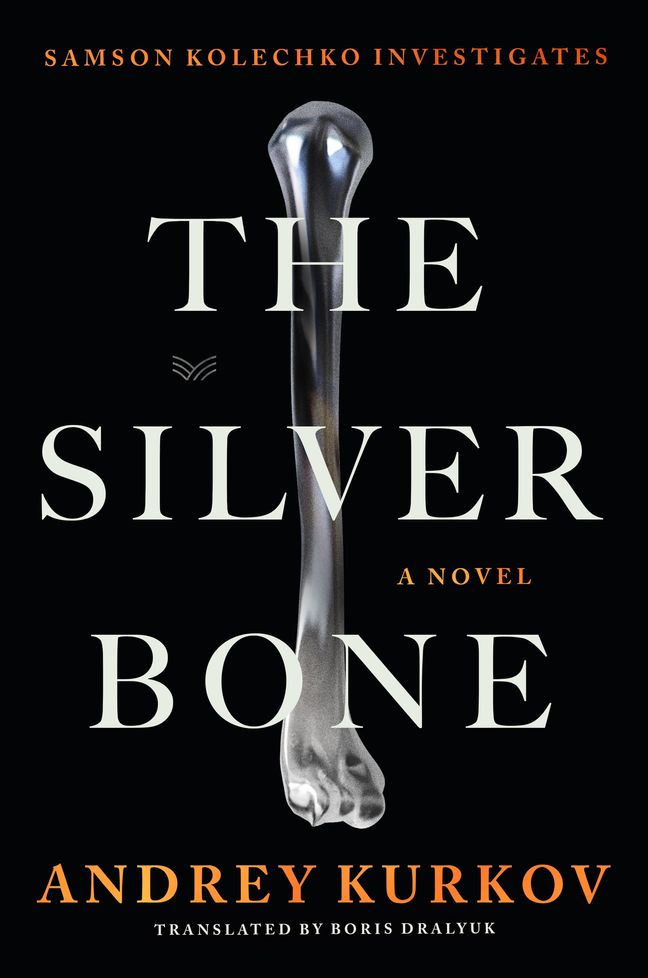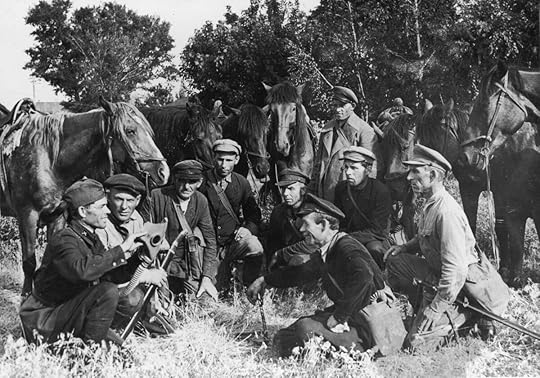What do you think?
Rate this book


304 pages, Hardcover
First published January 1, 2018
Samson was deafened by the sound of the sabre striking his father’s head. He caught the glint of the flashing blade out of the corner of his eye and stepped into a puddle. His already dead father’s left hand pushed him aside, so that the next sabre neither quite struck nor quite missed his ginger-haired head, slicing off his right ear. He managed to reach out and catch the falling ear, clutching it in his fist before it hit the gutter.


Samson was deafened by the sound of the sabre striking his father’s head. He caught the glint of the flashing blade out of the corner of his eye and stepped into a puddle. His already dead father’s left hand pushed him aside, so that the next sabre neither quite struck nor quite missed his ginger-haired head, slicing off his right ear. He managed to reach out and catch the falling ear, clutching it in his fist before it hit the gutter. His father, meanwhile, collapsed right onto the road, his head split in two.